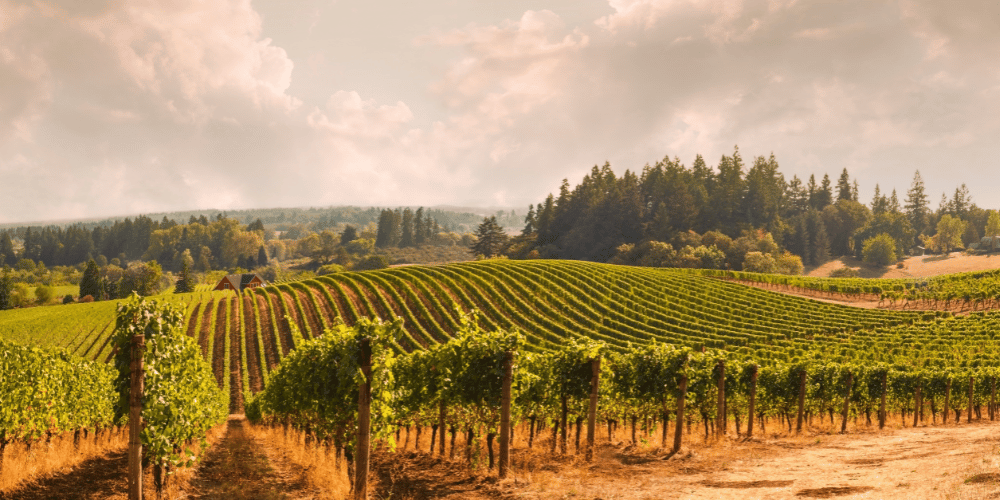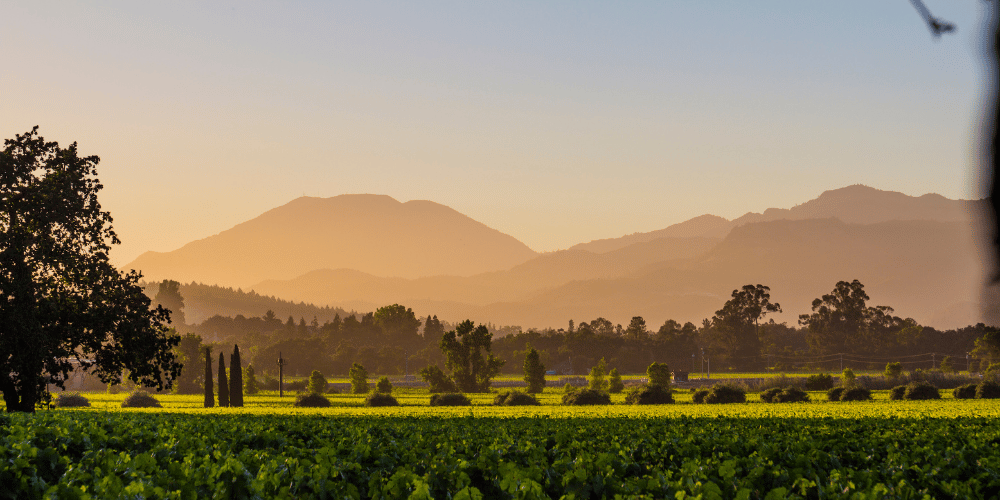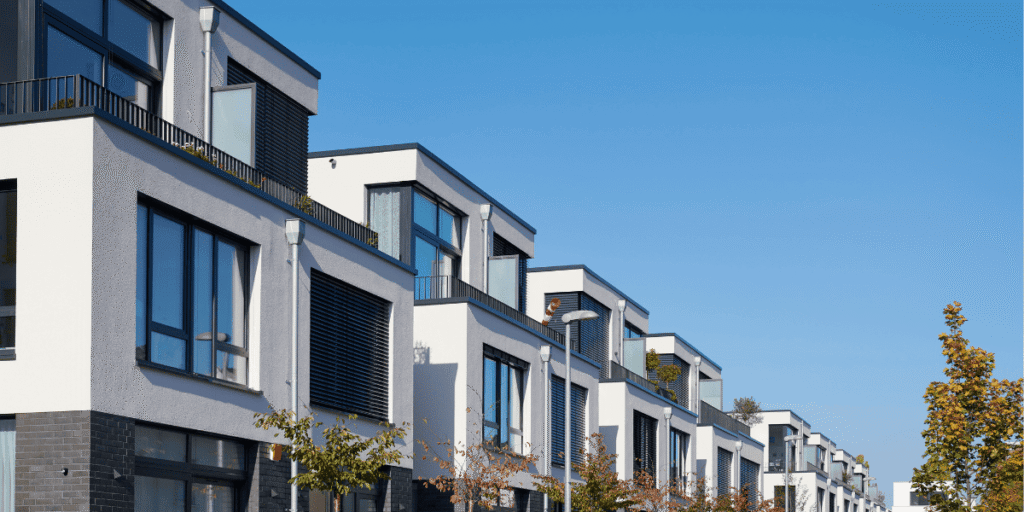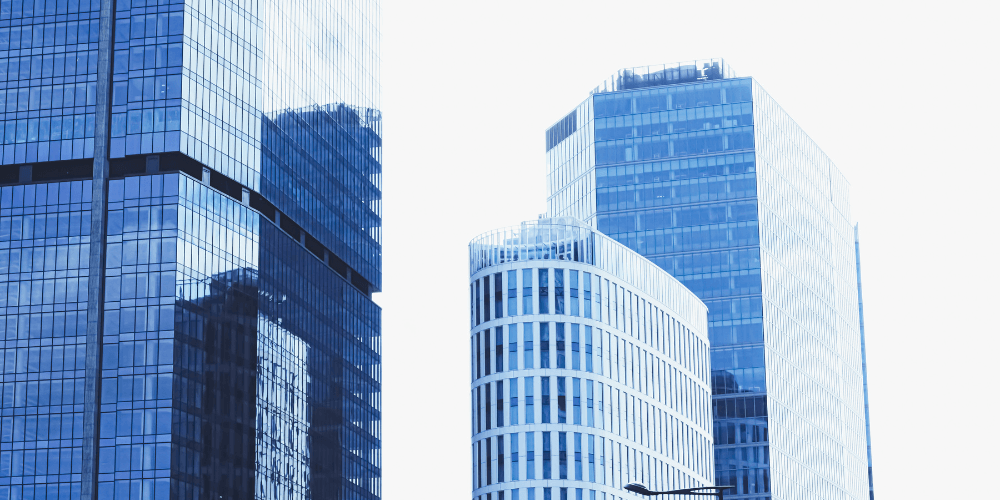Sustainability in Wine Industry: Eco-Friendly Real Estate Strategies

In the world of vineyards and wineries, sustainability has emerged as a key focus, revolutionizing the wine industry’s approach to real estate. For investors and professionals, adopting eco-friendly real estate strategies has become essential for success and environmental stewardship.
This guide offers deep insights into integrating sustainable practices in vineyard and winery properties. We will explore how sustainable real estate not only benefits the environment but also enhances the longevity and profitability of wine businesses.
Join us as we dive into the evolving landscape of the wine industry, where sustainable real estate choices are shaping the future of wine production and environmental responsibility.
The Current State of the Wine Industry and Sustainability
Sustainability in wine industry: a crucial concern, is undergoing a significant transformation.
While viticulture is fundamentally agriculture, vineyard activities contribute substantially to the industry’s carbon footprint, accounting for around 40% of wine’s total environmental impact. In response, many farmers are adopting regenerative agriculture practices (New York Times, 2021). These practices include the use of cover crops, renewable energy sources for vehicles, electricity, and water, all aimed at minimizing the environmental impact of viticulture.
Additionally, the carbon footprint of wine is not confined to the vineyards alone. Surprisingly, a significant portion, approximately 40-50%, comes from the transport and packaging in glass bottles (Porto Protocol, 2021). This realization has led to a growing global trend towards alternative packaging solutions, such as boxed and canned wines (Wine Business, 2021), which offer more sustainable options compared to traditional glass bottles.
These shifts in the wine industry reflect a broader movement towards sustainability, underscoring the importance of not only how the wine is grown but also how it is packaged and transported.

Role of Real Estate in Promoting Sustainability in Vineyards and Wineries
The role of real estate in promoting sustainability in wine industry is increasingly being recognized as pivotal. The choice of vineyard location and the construction methodologies of wineries directly influence the sustainability of wine production. By choosing sites conducive to sustainable grape growing, the reliance on artificial irrigation and chemicals can be reduced, thereby lowering the environmental impact.
Furthermore, the construction of wineries can significantly influence energy consumption. Implementing renewable energy sources, such as solar panels, and incorporating energy-efficient designs in winery infrastructure are practical steps towards reducing the carbon footprint. These practices not only contribute to the sustainability of the wine industry but also align with the global shift towards environmental responsibility in agriculture and manufacturing.
Innovative Eco-Friendly Real Estate Strategies for the Wine Industry
The sustainability in wine industry practices extends into innovative real estate strategies, essential for reducing the environmental impact of vineyards and wineries. These strategies are not just about reducing carbon footprints; they’re about rethinking how wine industry properties are developed and managed.
- Energy-Efficient Building Designs: Modern wineries are increasingly adopting green building designs that maximize natural lighting and ventilation, reducing the need for artificial heating and cooling.
- Water Management Systems: Effective water management is critical in sustainable viticulture. Techniques like rainwater harvesting and drip irrigation help conserve water, a vital resource in winemaking.
- Use of Sustainable Materials: In building new facilities or renovating existing ones, the choice of sustainable, eco-friendly materials plays a key role. This includes using recycled materials and sourcing from responsible suppliers.
These eco-friendly real estate strategies not only contribute to environmental sustainability but also often result in long-term cost savings for winery owners.
Future Outlook: Sustainability Trends in Wine Real Estate
As we look towards the future, sustainability in wine industry real estate is poised to become even more pivotal. Emerging technologies and innovative practices are expected to drive further improvements in eco-friendly viticulture and winery operations.
The trend towards sustainability is not a passing phase but a fundamental shift in how the wine industry approaches its impact on the environment. As consumer awareness and regulatory pressures increase, we can expect to see more wineries and vineyards adopting sustainable practices not just in farming but also in how they build and manage their properties.
Ready to integrate sustainable practices into your wine industry venture?
Our experienced commercial real estate team, with a deep understanding of the wine industry, is here to guide you. Whether you’re looking to develop eco-friendly vineyards or build sustainable wineries, we have the expertise to turn your vision into reality. Don’t hesitate to reach out for a consultation or to explore how we can assist in elevating your wine business sustainably.




